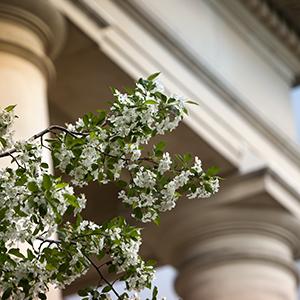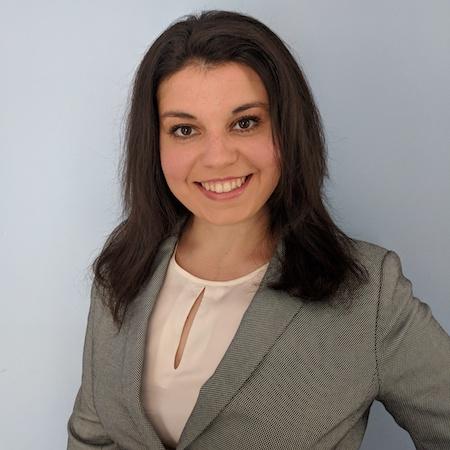Faculty to share perspectives on Ezra Cornell’s vision
A panel discussion, “Celebrating 150 Years of Ezra Cornell’s Promise: Reflections on What ‘... Any Person … Any Study’ Means,” will be held Monday, Oct. 29, at 4 p.m. in Call Auditorium, Kennedy Hall. The event is open to the public.

